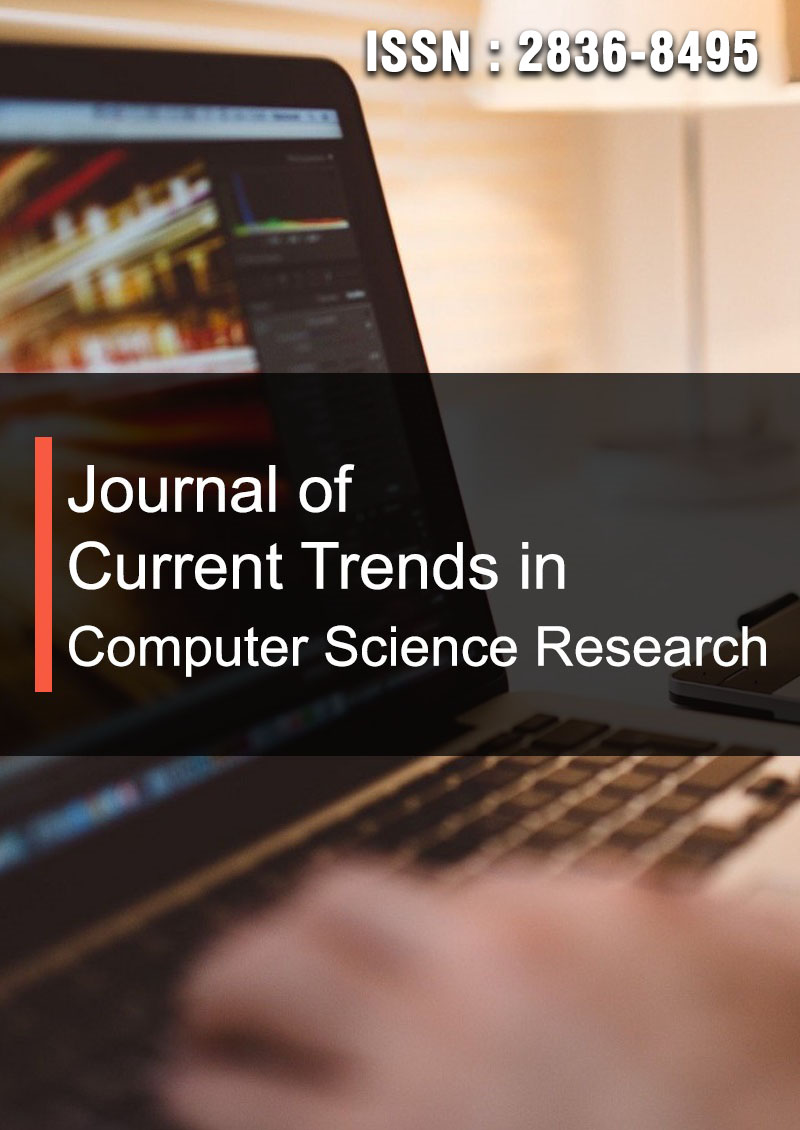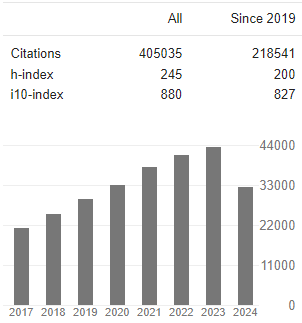Vulnerability Detection Using Two-Stage Deep Learning Models
Abstract
Mohamed Mjd Alhafi, Mohammad Hammade and Khloud Al Jallad
Application security is an essential part of developing modern software, as lots of attacks depend on vulnerabilities in software. The number of attacks is increasing globally due to technological advancements. Companies must include security in every stage of developing, testing, and deploying their software in order to prevent data breaches. There are several methods to detect software vulnerability Non-AI-based such as Static Application Security Testing (SAST) and Dynamic Application Security Testing (DAST). However, these approaches have substantial false-positive and false-negative rates. On the other side, researchers have been interested in developing an AI-based vulnerability detection system employing deep learning models like BERT, BLSTM, etc. In this paper, we proposed a two-stage solution, two deep learning models were proposed for vulnerability detection in C/C++ source codes, the first stage is CNN which detects if the source code contains any vulnerability (binary classification model) and the second stage is CNN-LTSM that classifies this vulnerability into a class of 50 different types of vulnerabilities (multiclass classification model). Experiments were done on SySeVR dataset. Results show an accuracy of 99% for the first and 98% for the second stage.





